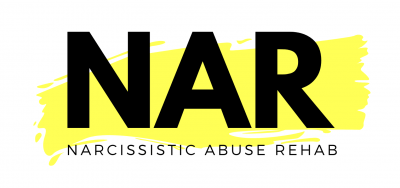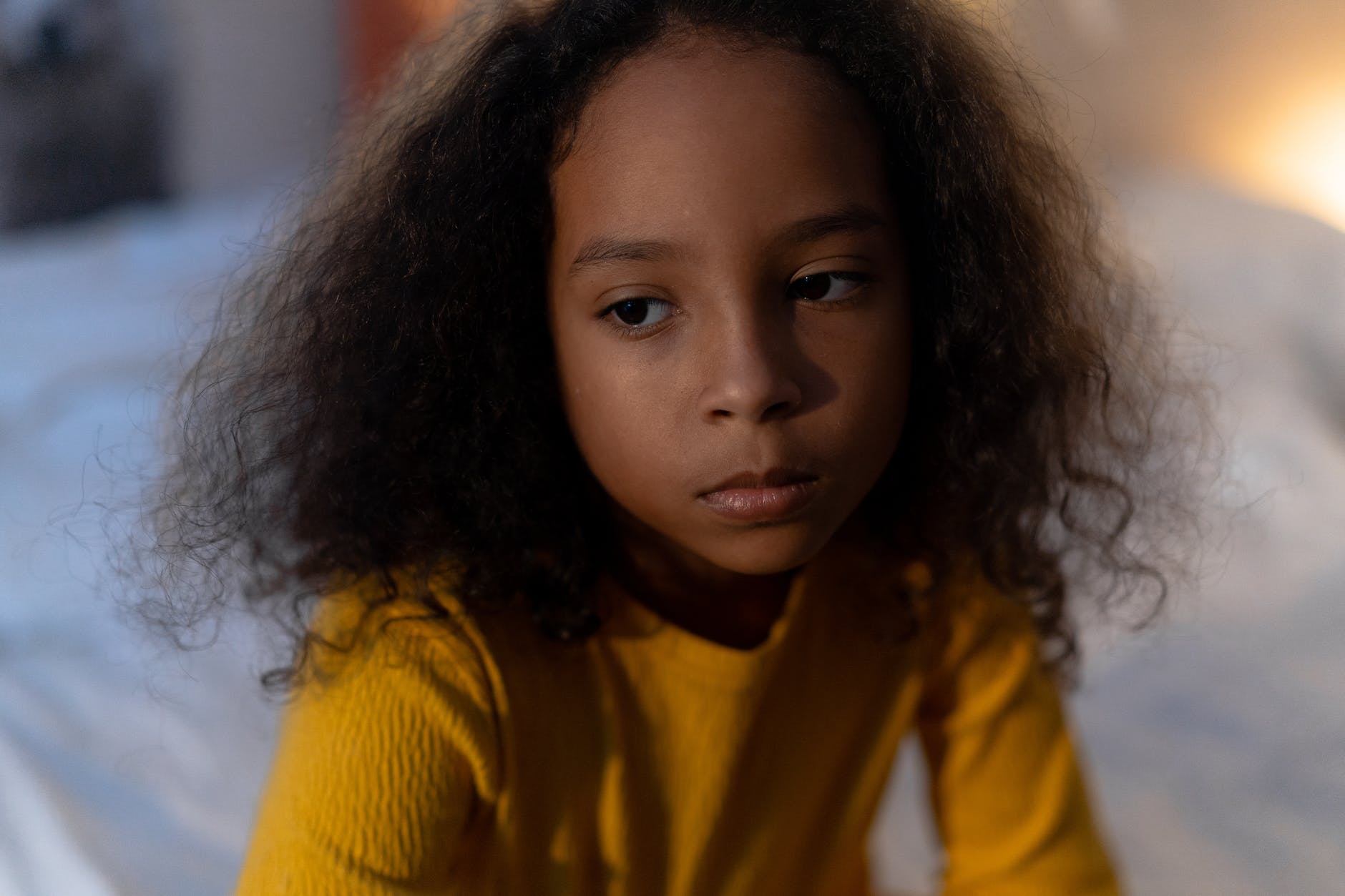Attachment specialist Dr. Michael Kinsey of Mindsplain on the four main reasons for parent-child estrangement in narcissistic abuse.
Narcissistic Family
TRAUMA IS THE WORD most commonly associated with extreme narcissism – and with good reason. People who have been targeted for narcissistic abuse often scoff when the pathology is described as shame based because they are distracted by the spectacle of the narcissistic person’s formidable defenses. But in reality, narcissistic personality disorder is a post-traumatic stress adaptation. It is usually…
Knowing how to answer your child’s questions about a narcissistic parent is essential to their healthy development and wellbeing. The reason for this is that narcissistic abuse commonly falls under the umbrella of domestic abuse in families. Raising children in an environment where domestic abuse is normalized can seriously impact their physical and emotional functioning. Research shows that exposure to domestic…
I guarantee there is an entire generation that will instantly relate the word isolation to the 2020 COVID-19 crisis. I do not. I will not. Every time I hear that word, my past haunts me. Images flash in my mind. But they are not of the present social distancing, wearing a mask, quarantine, and antibody testing. The images brought to my mind…
CO-PARENTING WITH A NARCISSIST is often said to be impossible. A popular quote by A. Price asserts that “A narcissist will never co-parent with you. They will counter parent. They don’t care about the emotional damage that the constant drama inflicts upon the children as long as it causes emotional damage to you.” A distinguishing feature of narcissistic family dynamics is…
IT IS NOT UNCOMMON FOR NARCISSISTS to manipulate others into relationships by making fraudulent claims about who they are, what they stand for, and by mirroring the goals of the targeted individual. They deliberately make promises they don’t intend to keep and spin webs of deception for the sole purpose of exploiting the target and their resources. In popular psychology,…
CHILDREN CAN BE TARGETS for coercive control in dysfunctional families, according to Dr. Evan Stark, author of the book Coercive Control: How Men Entrap Women in Personal Life. Research studies show that the coercive control of children occurs in 45% of families where domestic violence is practiced. It is used as part of an abusive partner’s wider campaign of intimate partner…
A PATHOLOGICAL NARCISSIST HAS MASTERED the art of inflicting psychological devastation without ever raising a hand. Their skillful manipulation of people’s perceptions and emotions leaves a trail of bloodless crimes in their wake.
Many teenagers may be a bit narcissistic. It is usually a normal stage of development and self-corrects over time with the right parental guidance. For this reason, clinicians are reluctant to diagnose personality disorders in minors. However, when children present as consistently callous and exploitative they may be tested by for conduct disorder. When expressions of dysfunctional narcissism manifest during a…









